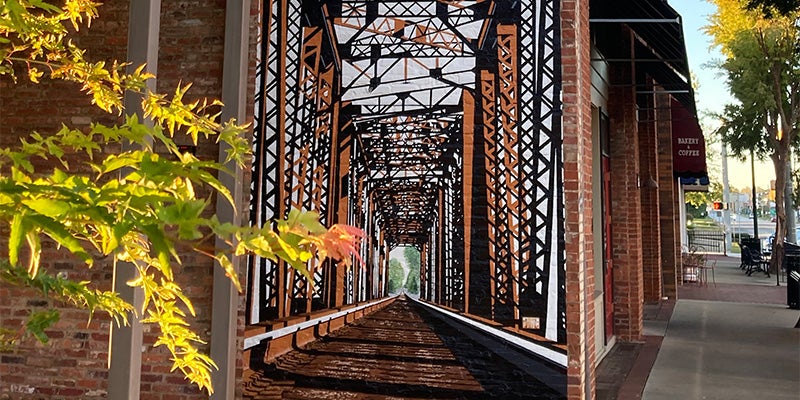Public should have the right to see body cam footage
Published 5:30 pm Friday, February 12, 2021
|
Getting your Trinity Audio player ready...
|
A bill introduced in the Alabama House of Representatives by Rep. Juandalynn Givan would limit who could view police body cam footage.
House Bill 6 would essentially give police departments the right to not release body cam footage to the public or news media.
The bill instead focuses on ensuring that the people who appear in the videos or their families and lawyers can see body cam video.
If the bill passed, anyone who appeared on a recording (or their voice) would be able to write a written request to law enforcement to see the video.
If the video is then not been released within three days, the person could file a petition in circuit court. The general public or media would not be afforded the same opportunity to appeal. Body cams were initially implemented in law enforcement as a means of holding officers accountable and to help rebuild trust in the community.
It is our opinion that this bill does not help with trust-building if the general public is unable to obtain access to this footage.
We understand some contents of the bill. We do believe creating a streamlined process for families involved in bodycam footage makes sense.
But, overall, this goes against the general idea of the Alabama Open Records Act.
The open records act was established to give not only the media access to public records but also the general public.
It is a means of checks and balances so that the public is aware of what is going on in their communities.
Likewise, being able to have access to body cam footage also promotes transparency in local law enforcement and avoids casting more doubt upon the way officers conduct themselves on the streets.
Case in point, a few weeks ago, Gene Allmond, the Hamilton, Georgia police chief, and patrolman John Brooks, were seen on body cameras making racist comments this past summer.
The footage was reportedly found after it was determined the camera’s memory was full and the video was downloaded. Who knows what would’ve happened if the footage had not been publicly released?
If this bill passes in Alabama, law enforcement would not be required to release footage of similar nature.
Unless someone was involved in the video, requested it and leaked it to the media, it’s likely that the general public would never see it. The public’s right to know should be considered when lawmakers vote on this bill.



